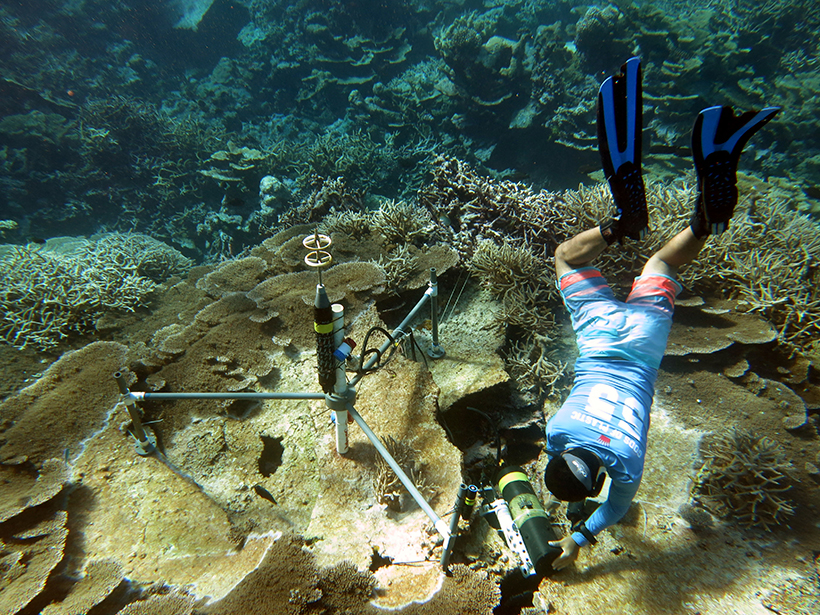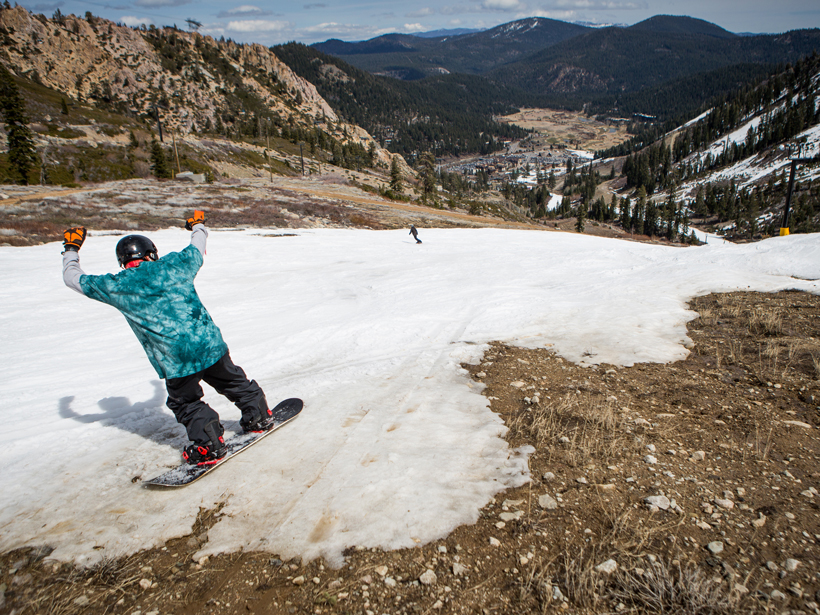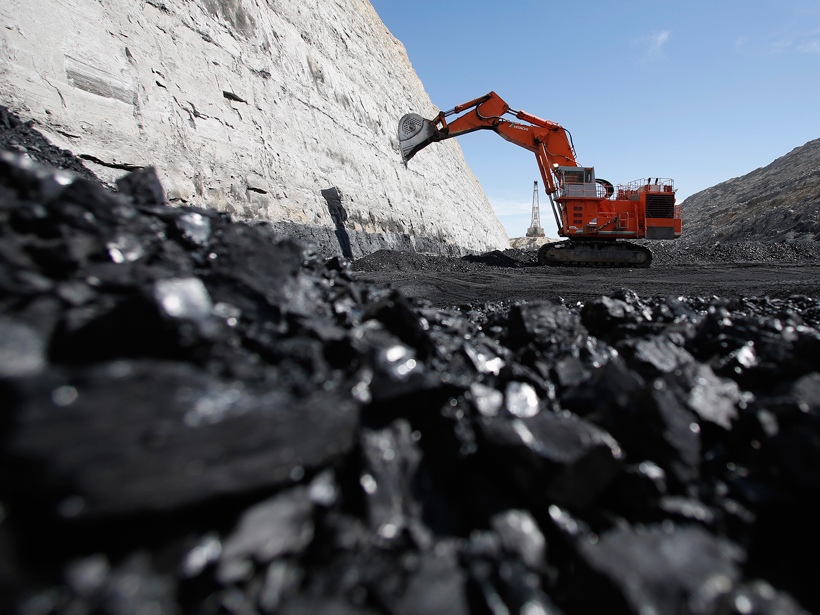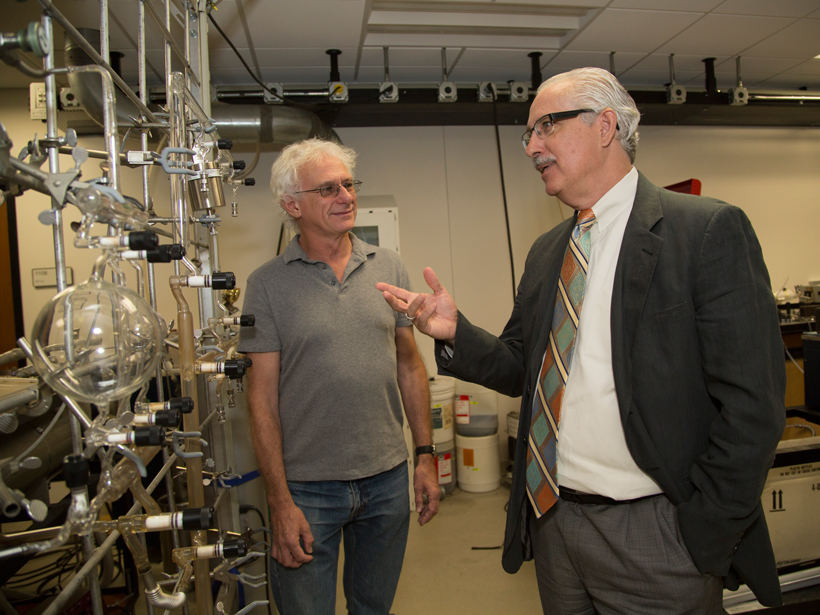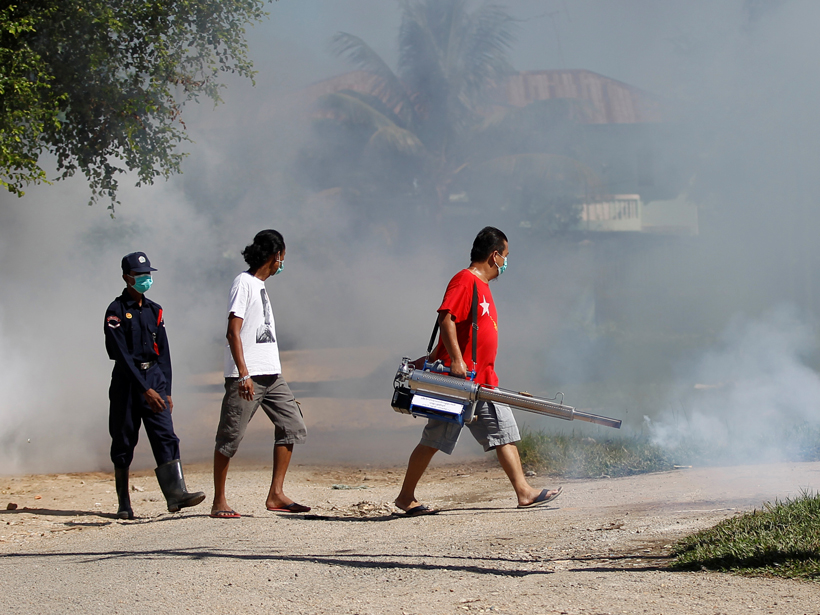New ground-penetrating radar measurements reveal the thickness and total ice volume of the mountain's Northern Ice Field.
Climate Change
Scientists Develop New Tool to Monitor Reef Health
A first-of-its-kind system could reveal short-term changes in threatened reefs worldwide.
Cities Smarten Up and Go Green
CIENS Urban Conference 2016: Smart and Green Cities – For Whom?; Oslo, Norway, 13 October 2016
Evaluating Highest Temperature Extremes in the Antarctic
The record high temperature for regions south of 60°S latitude is a balmy 19.8°C (67.6°F), recorded 30 January 1982 at a research station on Signy Island.
Defining Snow Drought and Why It Matters
Swings from snow drought to extreme winter rainfall make managing reservoirs, like the Oroville Dam, incredibly difficult. But what exactly is "snow drought"?
Policy Experts Debate Trump Energy Plan
Lauded by free-market proponents at a policy forum, the White House plan sparked disagreements among panelists about climate implications, the potential for a coal comeback, and carbon taxes.
Saving Our Marine Archives
A concerted effort has begun to gather and preserve archives of marine samples and descriptive data, giving scientists ready access to insights on ancient environments.
AGU Endorses the March for Science in Washington, D. C.
Between now and the 22 April event, AGU will share further information about march-related resources and communications.
New UCAR Leader Sees Scientific, Administrative Challenges Ahead
Antonio Busalacchi, president of the University Corporation for Atmospheric Research, tells Eos about a grand challenge in atmospheric research and other priorities.
Revived Climate Change Forum Focuses on Threats to Human Health
Public health and environmental organizations brought together by former vice president Al Gore held a pared-down meeting to replace a canceled one.


